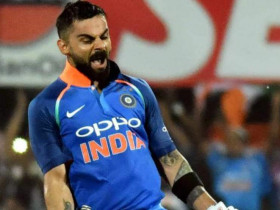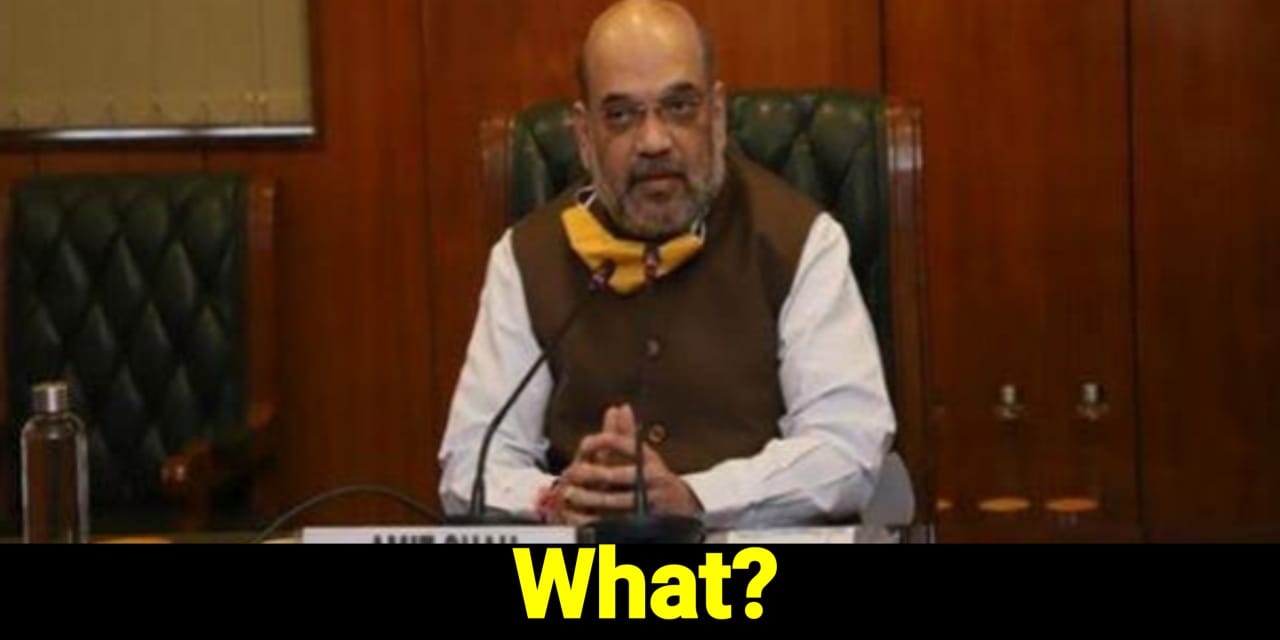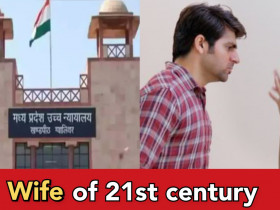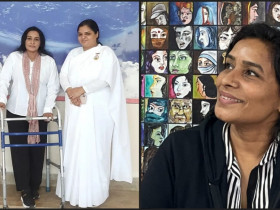In a major development, Indians can get to apply for E-passport soon. This can make their journey safe, fast and secure.
Indian government already revealed in January that it’s working on a way to digitise the data on our passports by embedding chips in them with the applicant’s confidential information.
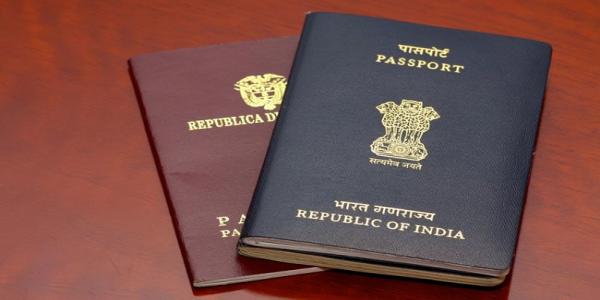
Nonetheless, there were some concerns with the security of the private data that is stored on these e-passports.
In a written reply to a query in the Rajya Sabha, Minister of State for External Affairs, V Muraleedharan stated that just in case anyone tampers with the chip, the system shall be able to find out and thereby leading to the failure of the passport authentication, as per news agency PTI.
When asked if the government is considering to come out with passports with advanced security characteristics, the minister said that the personal information of the applicant would be digitally signed and then stored in the chip, which would be added in the physical passport booklet.
The minister also clarified that the government has given a green light for procurement of electronic contactless inlays for making of e-passports to the India Security Press (ISP), Nasik.
There are benefits of e-Passports. They are convenient while travelling as the chip which is embedded inside the e-Passports can easily verify the traveller using an automated passport reader that is installed at immigration or country border check posts, which means a simple tap can give authorities complete access of the necessary data that will also eliminate long wait queues at the airport and thereby making way for a fast and hassle-free journey.
The Biometric security is one more added advantage. The chips inside an e-passport possess biometric information of the passport holder, among other standard identification details like name, address and other information etc. This also includes fingerprint scans, Iris scans, face scans of the passenger for added security.
E-passports are totally safe from identity theft. Well, it is too easy to forge a duplicate passport as there is no clarity to authenticate the passport holder except for the image on the passport. But that won’t be the case anymore with e-Passports as they are safe from conventional passports as the electronic chip cannot be forged and duplicated. So the data can be completely safe and at the same time, it also fights duplication of passports.
There hasn’t been any update of official date by when e-Passport applications will start processing in Passport Office’s Website and it is expected to come anytime soon.
Indian passport is reaching new heights than ever before as more countries are now offering visa-free entry and visa-on-arrival to Indians. As per Times Of India, the 2019 Passport Index that ranks passports of 199 countries according to their visa-free scores shows the Indian Passport that has become much stronger and better over the last five years.
Indian passport has improved in rankings wise as it climbed 10 ranks on Global Index i.e. from 77th rank in 2015 to rank no. 67 in 2019. It has been said that Indian passport was on 68th rank. Now 25 countries allow visa-free entry to the Indian passport holders and 39 other nations also offer visa-on-arrival.
Apparently, more countries are opening up to Indian tourists as they are recognising our country’s spending power, as per a report in TOI.
“One of the reasons for this improvement is that foreign governments don’t view Indian travellers with suspicion and welcome Indian tourists. They are of the opinion that Indians who come to their country do so for leisure or business and return home,” Karan Anand, head of relationships at Cox & Kings Ltd told Business Daily.
The important reason behind the acceptance of Indian tourists is the fact that the Indian government has opened its arms to foreign tourists over the last 5 years, Business Daily mentioned. On the development side, India ranks No. 67 while Pakistan, Bhutan, Egypt, Myanmar, Nepal, Sri Lanka stand at lower positions than India.


